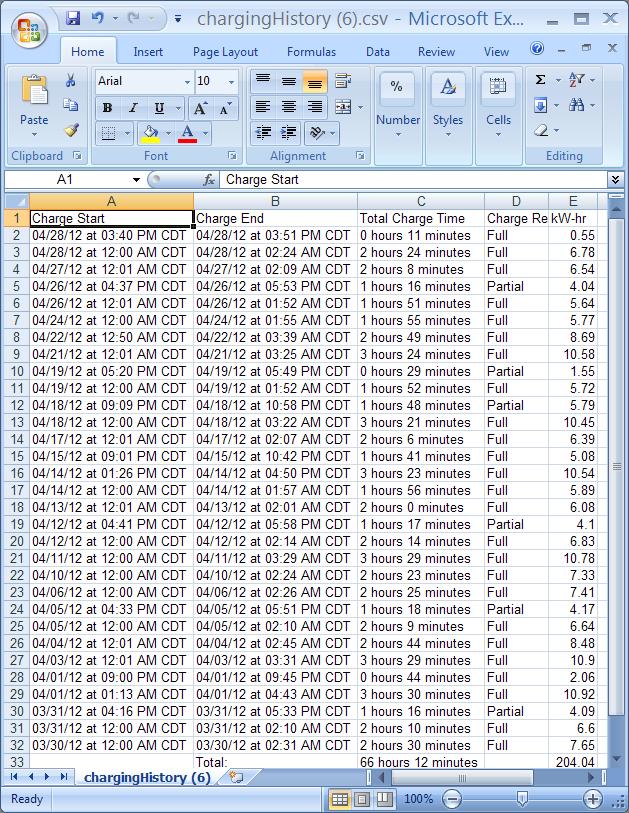adric22
Well-known member
Ingineer said:A Leaf on the highway going 60mph gets about 4 miles per kWh, so 6.5 is good for 26 miles. Now the Prius on the highway in all-electric isn't quite as good due to the way the PSD (Power Split Device) transaxle is built, so I find real-world, I get 20 miles, but in the city on surface roads I can easily get 40 without even trying. Most Leaf drivers see 6 miles per kWh in these scenarios, which would mean 6.5kWh is good for 39 miles, but the Regen in the Prius works better (less friction waste). I've had 60 mile experiences more than once!
That's pretty impressive. I'm sad that there aren't any really good conversion kits like this available for the Prius at a reasonable cost. There are so many used Priuses out there, it would be awesome if somebody could buy one for $10,000, put another $7,000 in for a kit like that, and have something that competes with the Chevy Volt in capability for around $17,000. Even the Gen-1 Prius, which can be had for $5,000 these days, would be great.

